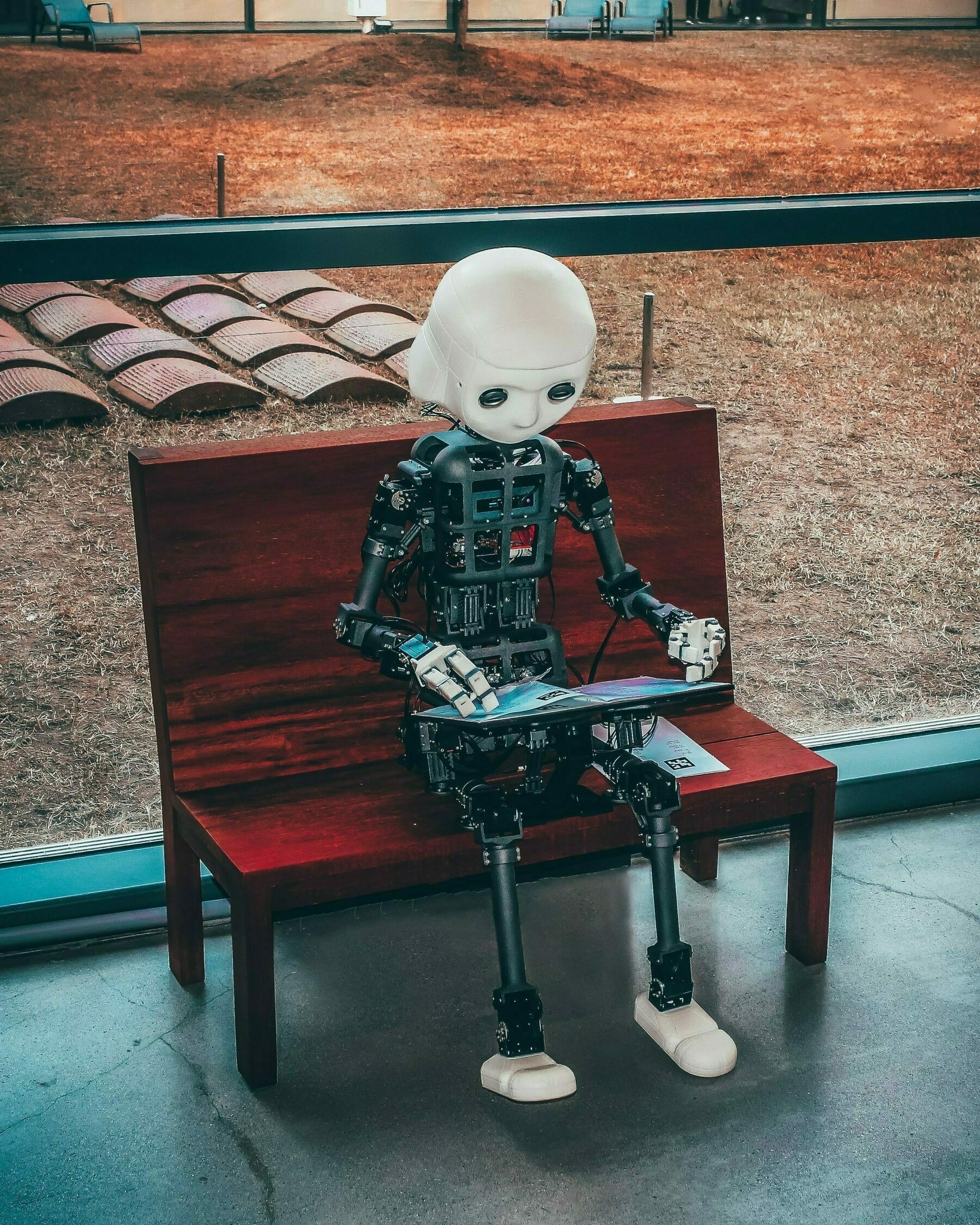1. Stay informed: Keep up-to-date on the latest developments and trends in AI and automation, and how they are affecting your industry and job market.
2. Develop new skills: Continuously learn new skills to stay relevant in the job market, such as programming, data analysis, or other skills related to AI.
3. Pursue higher education: Consider obtaining a degree or certification in a field related to AI, such as computer science or data science, to prepare for the jobs of the future.
4. Explore new career opportunities: Look for opportunities to work with or alongside AI, such as in fields like robotics, automation, and machine learning.
5. Be adaptable: Embrace new ways of working and be open to adapting to changing work environments as AI and automation continue to transform the workplace.

6. Build a strong professional network: Connect with other professionals in your field and seek out mentorship and guidance to stay up-to-date on the latest developments in AI.
7. Be creative: Explore new ways of applying your skills and expertise to stay ahead of the curve and capitalize on emerging opportunities in the AI economy.
8. Consider entrepreneurship: Starting your own business or pursuing self-employment can provide greater control over your livelihood and allow you to take advantage of emerging opportunities in the AI economy.
9. Advocate for policies that support workers: Encourage policymakers to create policies that support workers and address the potential negative impacts of AI on employment, such as job retraining programs and income support for displaced workers.
10. Stay positive: Embrace the potential benefits that AI can bring, such as increased productivity and efficiency, and stay positive about the opportunities that lie ahead.